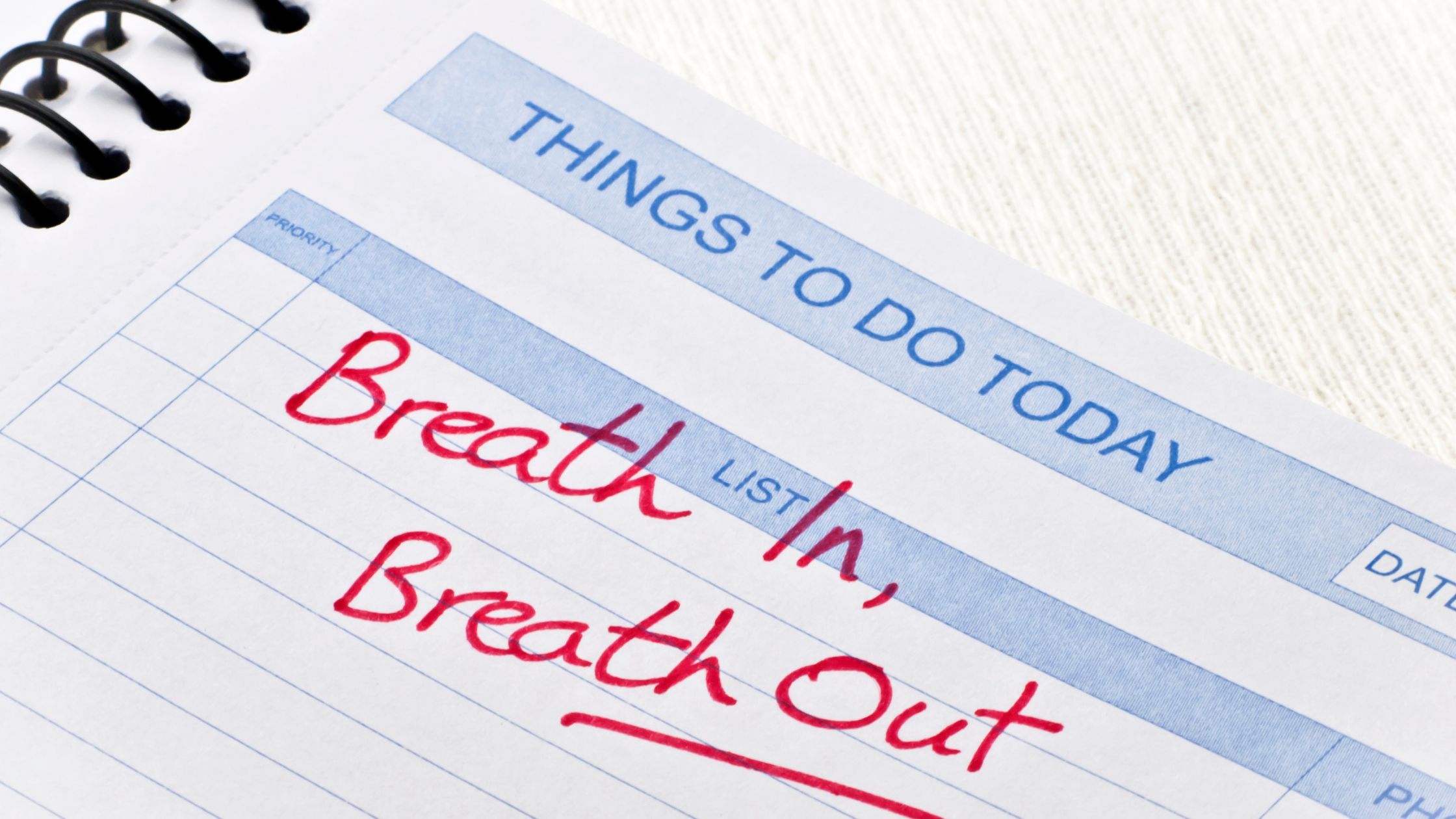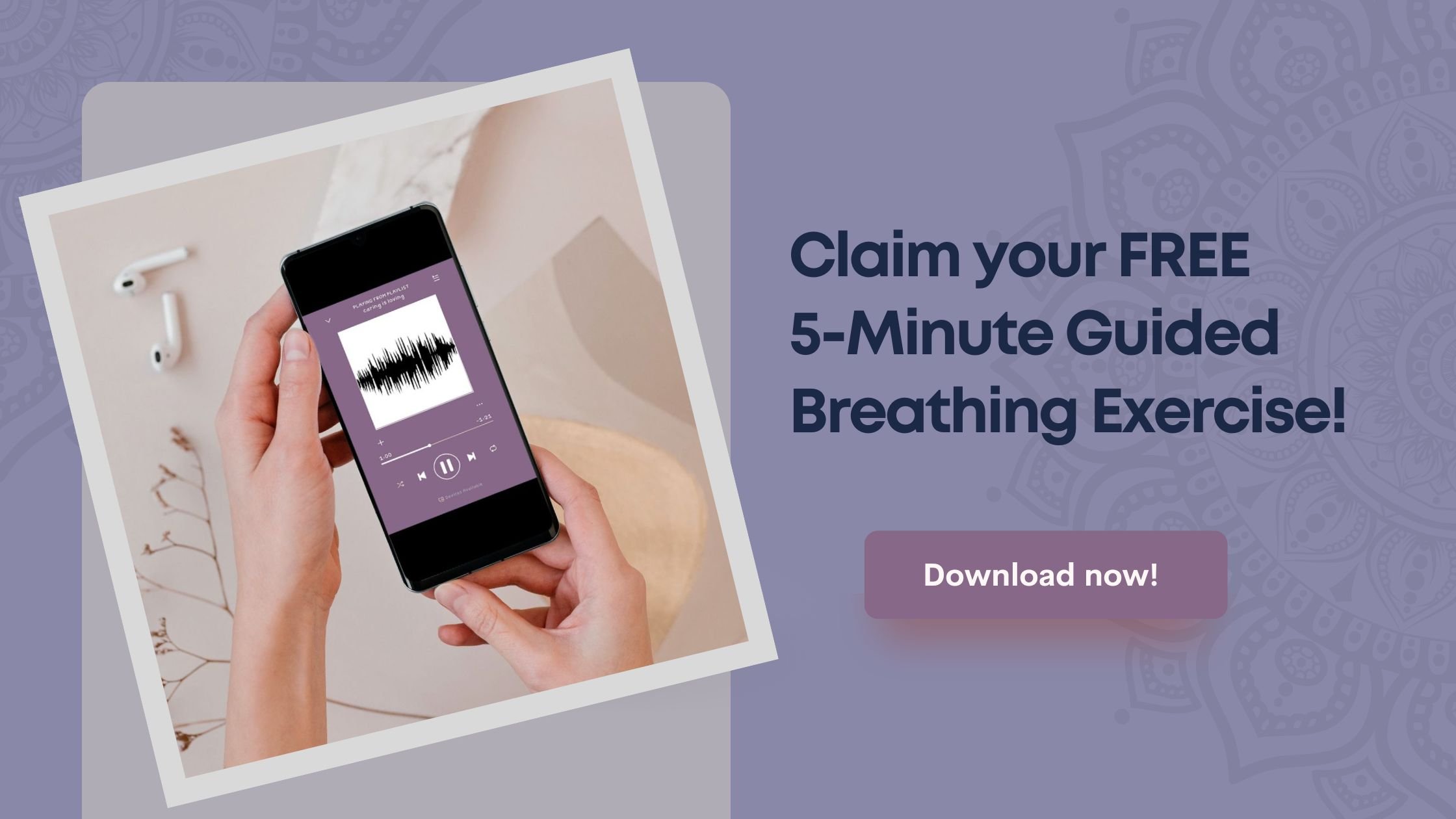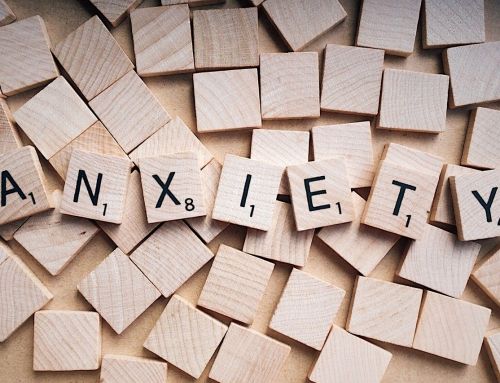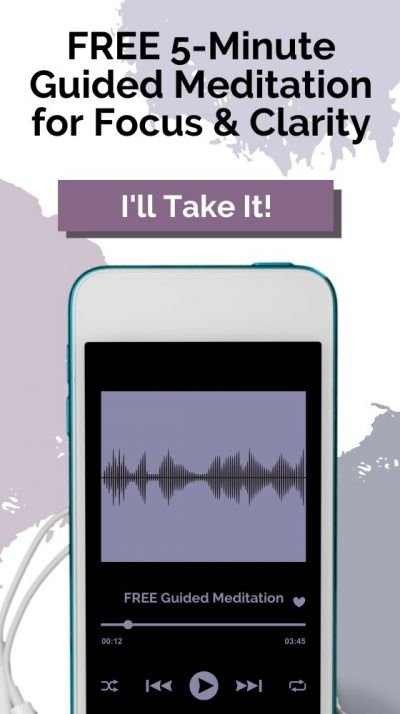Subconsciously holding your breath? Break this harmful habit

If you find yourself subconsciously holding your breath during the day, you’re not alone. Many people are holding their breath without noticing, and it can be harmful to your health. Here’s why it happens and what you can do about it.
When we’re stressed, our bodies go into “fight or flight” mode. This is a natural response that helps us to deal with danger. Part of this response is to hold our breath, which gives us more energy to fight or run away. The problem is that we often hold our breath when we’re not in any actual danger. When this happens, it can contribute to a variety of physical symptoms including high blood pressure, stress on the heart, and headaches.
During “fight or flight” mode the body sends more blood to your muscles, and less goes to the brain. For this reason, we can also experience mental symptoms such as brain fog, lack of focus, and increased anxiety. So if you find that you’re subconsciously holding your breath during the day, when there’s no danger around, it’s time to make a change!
Why we hold our breath when stressed?
Personally I find myself holding my breath without realizing when I’m under extreme stress. I unconsciously hold my breath before high stakes situations, when things fall apart and don’t go as planned, or when I’m stressing over what to do next.
The reason we end up holding our breath without noticing when stressed is that the body views this as a form of self-defense. Our brains are wired for survival. When you’re in danger your breathing muscles tighten in an effort to hold your breath to save oxygen for more important functions, such as running away or fighting back. So if you find yourself subconsciously holding your breath when stressed, it means the body has changed its breathing pattern because of a fear or stress response.
We can experience these periods of heightened stress where our body perceives danger at work or in our personal lives. The stress can come from a variety of sources, such as deadlines at work, problems at home or financial worries. Our body can perceive any of these situations as danger and trigger us to hold our breath.
Side effects of subconsciously holding your breath when stressed
When we stop breathing the amount of oxygen in our bloodstream decreases and the amount of carbon dioxide increases. This is called hypoxia. Hypoxia symptoms vary depending on the severity. If your oxygen saturation is low, you might feel as if you can not breathe, or think clearly. Some other common side effects include:
- Confusion & brain fog
- Muscle tension
- Headaches
- Increased blood pressure
- Increased heart rate
- Shortness of breath
- Fainting or passing out
- Anxiety and panic attacks
How subconsciously holding your breath affects your health
There’s good reason to be concerned about your health when it comes to chronic breath holding becoming a habit. If you have struggled with sleep apnea you’ll know the detrimental effects of not breathing. In essence, you are depriving your body of oxygen, its main fuel source. Without it, all the cells in your body are affected. It is no surprise then that holding your breath can have a significant impact.
In the short term, subconsciously holding your breath can affect your health and well-being and your ability to function at your peak. It can not only impact sleep, energy, memory, and learning, but it can also worsen depression, anxiety, and panic.
Over time, not deep breathing properly can contribute to inflammation, stress-related diseases, a weakened immune system, difficulty battling infection, and trouble mediating pain.
How to stop subconsciously holding my breath
The most important thing to remember is that you are not alone in this. We all hold our breath from time to time. For example, it’s normal for most of us to hold our breath when we sneeze or cough.
However, If you hold your breath too often, you may develop a habit of holding it, or a habit of unconscious breath holding. The first step to getting over the habit of subconsciously holding your breath is to become aware of it and practice relaxed breathing. When you become aware of your breathing habits, it will be easier to stop.
If you want to know if you’re subconsciously holding your breath, keep an eye out for these signs: You feel anxious or tense. You have a headache. You feel dizzy or lightheaded. Your heart palpitations increase. If you think you’re subconsciously holding your breath, try to consciously take in more air and breathe out slowly each time this happens.
What is conscious breathing?
Conscious breathing, also known as mindful breathing, is a mindfulness technique using relaxed and rhythmic breathing. Conscious breathing involves paying attention to your breath as you breathe in and out. When you are conscious of your breathing, you are aware of how long you inhale, how long you exhale, and the space in between. You can use this technique to help reduce stress or anxiety and improve your health.
Ways to practice conscious breathing
Learning mindful conscious breathing is extremely straightforward, quick, and easy way to eliminate chronic breath holding and learn to use the correct breathing muscles. You can learn to practice conscious breathing by participating in practices that change our breathing pattern by incorporate mindful conscious breathing like yoga, tai chi, meditation, or qigong.
But you can also practice conscious breathing on your own. Here’s a simple way to get started:
- Sit in a quiet place and allow yourself to relax.
- Focus on the sensations of your breath as you inhale and exhale.
- Take a deep breath and start counting backward, start at 10 and slowly count down to 1. Count in your head or out loud.
- Notice how the breath feels when you inhale and exhale.
- Be aware of how long you inhale, how long you exhale, and the space in between.
- When thoughts come up, simply notice them and release them.
- Return to counting your breaths.
There’s a growing body of research recently that substantiates how effective conscious breathing is. Despite how simple this practice is, it has a profound effect on our sympathetic nervous system.
So…What’s next?
For subconscious breath holders it’s important to be aware of the habit of subconsciously holding your breath as it can have negative impacts on your health. If you catch yourself doing it, become aware of your breathing patterns, and make a conscious effort to stop and take some deep breaths. Taking care of your breathing is an important part of taking care of your overall health.
Check out my article on 5 Yoga Breathing Exercises for Beginners: Easy Traditional Yoga Breathing Techniques for the perfect breathing exercises to get you started with your own regular conscious breathing practice to take control of your breathing.










![Is breathwork safe? Should you hop on board this popular trend? [image of safety gear]](https://breatheinchillout.com/wp-content/uploads/2022/03/is-breathwork-safe-v2-66x66.jpg)


